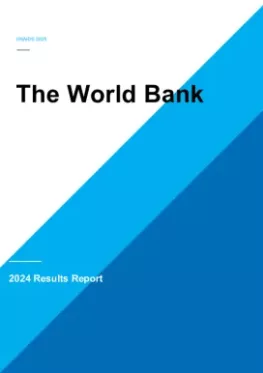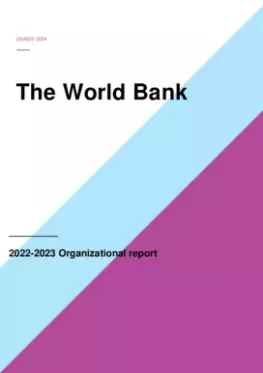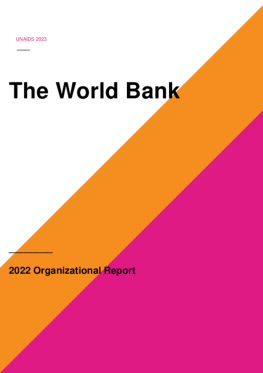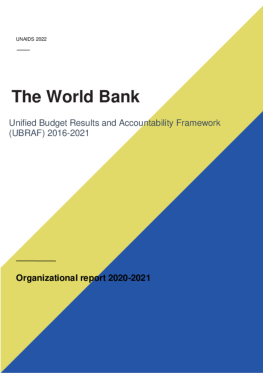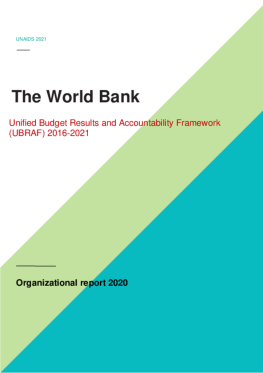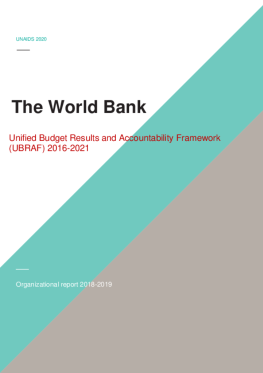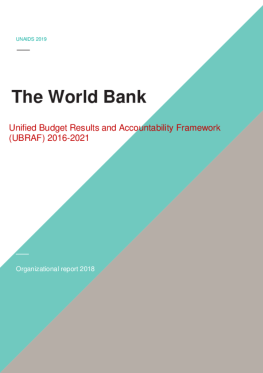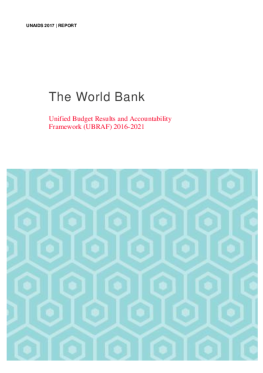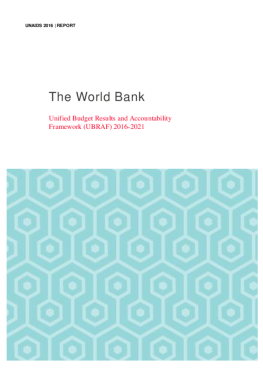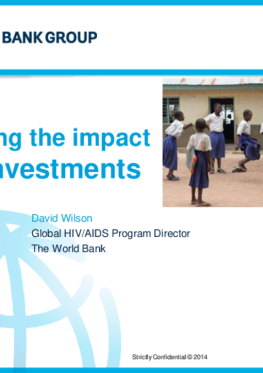The World Bank Group’s mission is to end extreme poverty and boost shared prosperity on a liveable planet.
Ensuring everyone has access to essential services and the underlying systems are effective, equitable and sustainable is a critical part of advancing the World Bank’s mission. The World Bank puts health at the heart of its Human Capital Project to drive more and better investments in people, including those affected by and vulnerable to HIV. In 2024, it launched an ambitious plan to support countries in delivering quality, affordable health services to 1.5 billion people by 2030. This is part of a larger global effort to provide a basic standard of care through every stage of a person’s life. In fiscal year 2024, the World Bank Group committed US$ 117.5 billion towards its mission and disbursed US$ 89 billion.
The breadth and depth of the World Bank portfolio affords important opportunities to advance integrated approaches to improve outcomes and systemic support for HIV responses, including through progress on key contributors to HIV success. The World Bank strongly emphasizes sustainability, efficiency and effectiveness, and focuses on helping countries do “better for less”, for example by using available resources wisely and redesigning HIV and broader health programming to optimize resources and service delivery and transition to new funding approaches in a rapidly shifting funding landscape. Leveraging data and innovation, including opportunities in digital health and service delivery, is an essential part of this approach. The World Bank also supports work in other areas that improve HIV outcomes, such as gender, social protection, education and service access in fragile and conflict-affected contexts.
For information on the World Bank's results, please see the 2024 downloadable report below.


